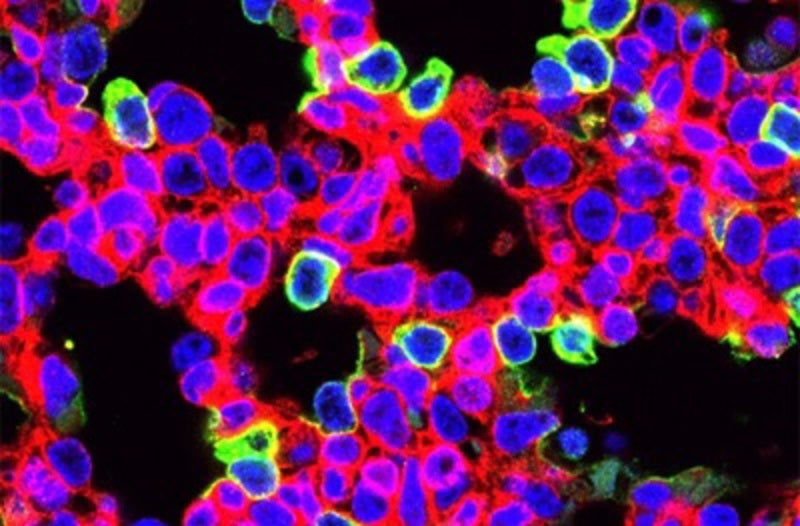
A proof-of-concept study by Penn Medicine and Children’s Hospital of Philadelphia (CHOP) in the US has offered hope for the treatment of lung diseases before birth by using CRISPR gene editing.
In an animal model, the researchers were able to make targeted changes in utero. The findings are expected to pave the way for the development of new therapies.

Discover B2B Marketing That Performs
Combine business intelligence and editorial excellence to reach engaged professionals across 36 leading media platforms.
The team is focused on addressing congenital diseases such as cystic fibrosis which cause respiratory failure at birth and chronic lung disorder with limited treatment options.
CHOP Center for Fetal Research investigator William Peranteau said: “The developing fetus has many innate properties that make it an attractive recipient for therapeutic gene editing.
“The ability to cure or mitigate a disease via gene editing in mid- to late gestation before birth and the onset of irreversible pathology is very exciting. This is particularly true for diseases that affect the lungs, whose function becomes dramatically more important at the time of birth.”
During the study, the researchers carried out in utero delivery if CRISPR gene-editing reagents to the amniotic fluid of mice four days prior to birth, which corresponds to the third trimester in humans.

US Tariffs are shifting - will you react or anticipate?
Don’t let policy changes catch you off guard. Stay proactive with real-time data and expert analysis.
By GlobalDataThis approach is said to have enabled targeted changes in the lungs. Alveolar epithelial cells and airway secretory cells that line lung airways were observed to have the highest proportion of editing.
The team also used prenatal gene-editing to mitigate the severity of surfactant protein C (SFTPC) deficiency, an interstitial lung disease, in a mouse model.
They used a model that had a disease-causing mutation present in the human Sftpc gene.
While this mutation causes death within hours after birth, the use of prenatal gene-editing to inactivate the mutant gene improved lung morphology and survival of more than 22% of the animals.
Findings from the study have been published in Science Translational Medicine.
The researchers intend to perform additional studies to improve the efficiency of the gene editing and explore various approaches to deliver this technology to lungs.
University of Pennsylvania Institute for Regenerative Medicine scientific director Edward Morrisey said: “Different gene editing techniques are also being explored that may one day be able to correct the exact mutations observed in genetic lung diseases in infants.”




